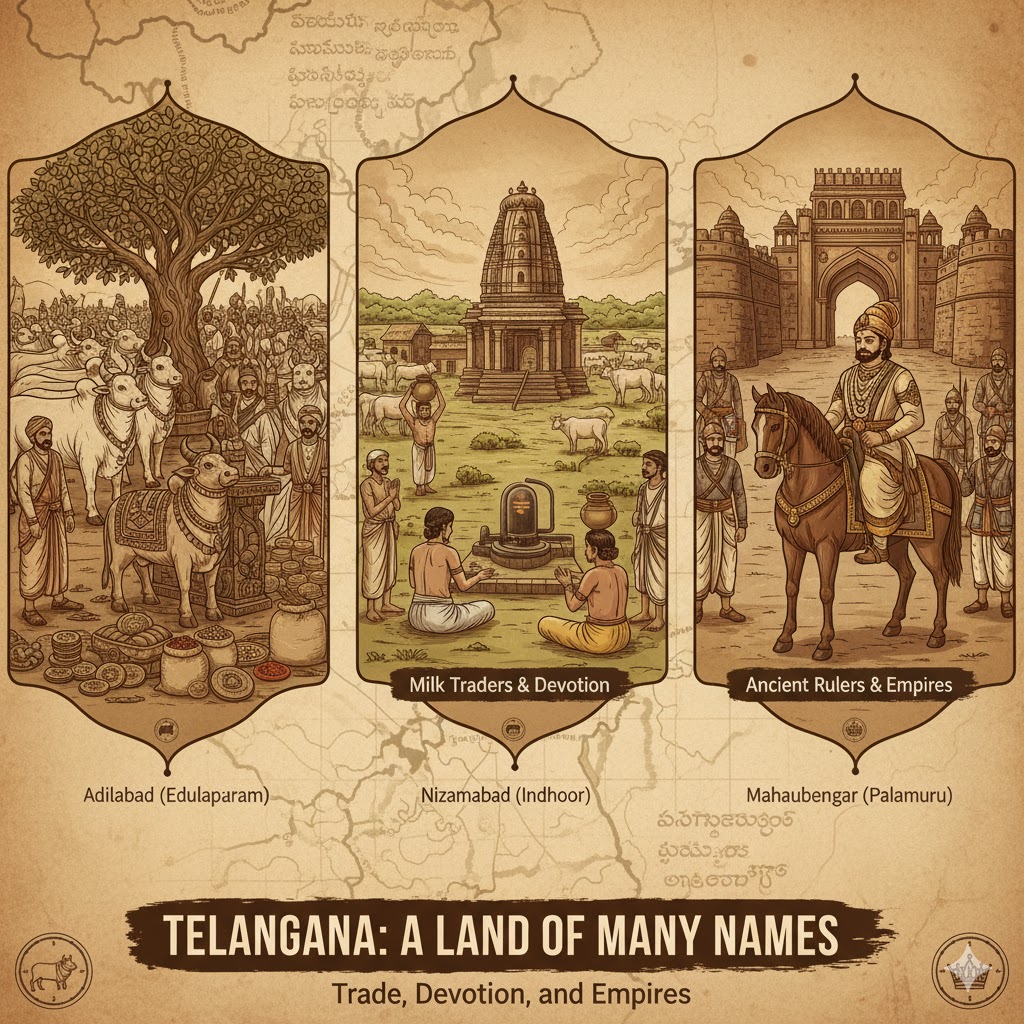Jaichand Gahadwal, also known as Jayachandra, was the last prominent ruler of the Gahadavala dynasty in northern India. He reigned from 1170 to 1194 CE, overseeing a kingdom that included Kannauj and Varanasi, and was renowned for his military prowess and patronage of learning Wikipedia.
Why Is Jaichand Considered a Traitor?
Jaichand’s legacy is marred by the perception that he betrayed fellow Rajput king Prithviraj Chauhan. According to the epic Prithviraj Raso, Jaichand’s daughter, Samyukta, eloped with Prithviraj, leading to a bitter rivalry. In the subsequent Second Battle of Tarain in 1192 CE, Jaichand allegedly refused to ally with Prithviraj against the Ghurid invader Muhammad Ghori. Some versions suggest he even conspired with Ghori, leading to Prithviraj’s defeat and death
Re-evaluating Jaichand’s Role
However, this narrative is contested. Historians argue that the tale of Jaichand’s betrayal is largely based on later texts like the Prithviraj Raso, written centuries after the events.
The Betrayal Myth
According to later texts like the epic Prithviraj Raso:
- Jaichand allegedly refused to ally with Prithviraj Chauhan against the Ghurid invader Muhammad Ghori.
- Some versions suggest he even conspired with Ghori, leading to Prithviraj’s defeat in the Second Battle of Tarain (1192 CE).
- The story of his daughter Samyukta eloping with Prithviraj intensified the rivalry, painting Jaichand as a “traitor.”
A Nuanced Perspective
- Historians argue that the betrayal narrative is mostly folklore, written centuries after the events.
- Contemporary inscriptions highlight his contributions to knowledge, culture, and defense.
- Many scholars believe his “traitor” label was shaped by political agendas and later storytelling, not factual evidence.
Legacy
Jaichand’s reign is complex: a powerful ruler misrepresented by popular legends. While folklore brands him the “worst king,” historical evidence paints a more balanced picture.
Fun Fact:
His reign shows the power of narrative—how history and legend can shape a king’s legacy for centuries.
Conclusion
While Jaichand’s association with betrayal is deeply ingrained in folklore, historical evidence presents a more nuanced picture. His legacy as a ruler is complex and warrants a reassessment beyond the label of “traitor.”
For a more detailed exploration of Jaichand’s life and legacy, you might find this documentary insightful:


